Funding to support three projects to remove and recycle marine debris, improve fishing net technology and develop community partnerships
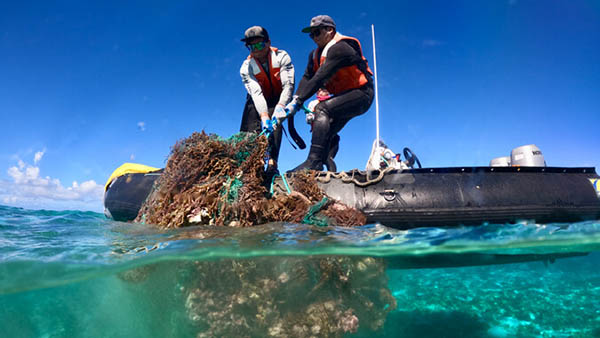
The University of Hawai’i Sea Grant College Program (Hawai’i Sea Grant) and its partners were awarded over $5.1 million to address rampant marine debris issues in Hawai‘i and develop innovative solutions that can be applied worldwide.
The funding will primarily focus on derelict fishing gear that has been abandoned, lost or discarded – often referred to as “ghost fishing gear” – that threatens endangered species, such as Hawaiian monk seals, sea turtles and humpback whales. It also harms commercial and recreational fisheries, poses a hazard to shipping and boating, pollutes the shoreline and nearshore waters and is a health hazard to humans and other animals.
This investment from the National Sea Grant College Program will connect experts from across the state and region in three multi-year projects to increase the efficiency of ghost gear removal, repurpose the gear that is brought to shore and engage a network of community members and resource managers throughout the Pacific to develop a regional Pacific Islands Marine Debris Action Plan.
“While Hawai’i and the Papahānaumokuākea Marine National Monument are known worldwide as hotspots for ocean plastic pollution and environmental damage, the cutting-edge technologies that will be developed through these large grants will have far-reaching impacts on other states and nations impacted by ocean plastic pollution,” said Darren T. Lerner, Hawai’i Sea Grant director and principal investigator of two of the grants.
The first project, which is led by the Papahānaumokuākea Marine Debris Project (PMDP), focuses on improving the detection of fishing nets, as well as developing innovative tools to cut the net masses, which have been known to weigh up to 11 tons each and are currently cut and brought onto boats by hand. It will also develop new technologies and techniques for lifting the nets out of the water.
A second project is looking to scale up and repurpose the removal and repurposing of ghost fishing gear. Ultimately, the goal is to recycle 40 tons of ocean plastic each year for use in asphalt roads in Hawai’i.
The hidden cost of ghost gear lost by fishing and aquaculture
The last project will connect communities that have not been traditionally engaged to address marine debris with nonprofit organizations, government agencies and academic institutions to develop a regional Pacific Islands Marine Debris Action Plan.
“Critically, the intersection of these three projects and integration of efforts across them will drive innovation at a scale not before possible in Hawai’i or anywhere in the world,” Mary J. Donohue Hawai’i Sea Grant program development and national partnership specialist. “Hawai’i Sea Grant is partnering with the most imaginative and talented researchers, practitioners, communities and other partners to both remove and repurpose this very harmful type of ocean plastic pollution. The projects in and of themselves are brilliant, but together they constitute a unique opportunity to significantly advance our ability to mitigate derelict fishing gear.”
Follow the Advocate on Twitter @GSA_Advocate
Now that you've reached the end of the article ...
… please consider supporting GSA’s mission to advance responsible seafood practices through education, advocacy and third-party assurances. The Advocate aims to document the evolution of responsible seafood practices and share the expansive knowledge of our vast network of contributors.
By becoming a Global Seafood Alliance member, you’re ensuring that all of the pre-competitive work we do through member benefits, resources and events can continue. Individual membership costs just $50 a year.
Not a GSA member? Join us.
Author
Tagged With
Related Posts
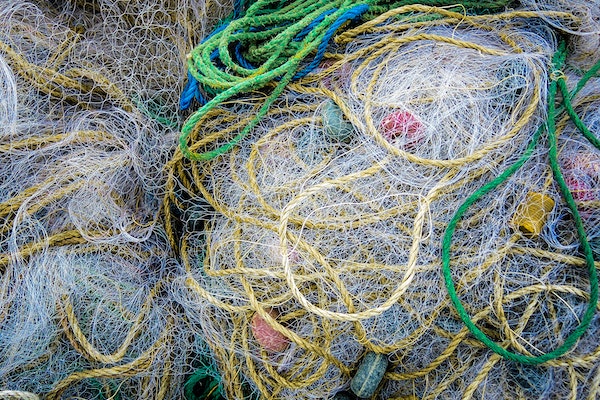
Responsibility
Can marine plastic from fisheries and aquaculture be upcycled into new things?
A SINTEF project is investigating how marine plastic used in fisheries and aquaculture can be turned into new products.
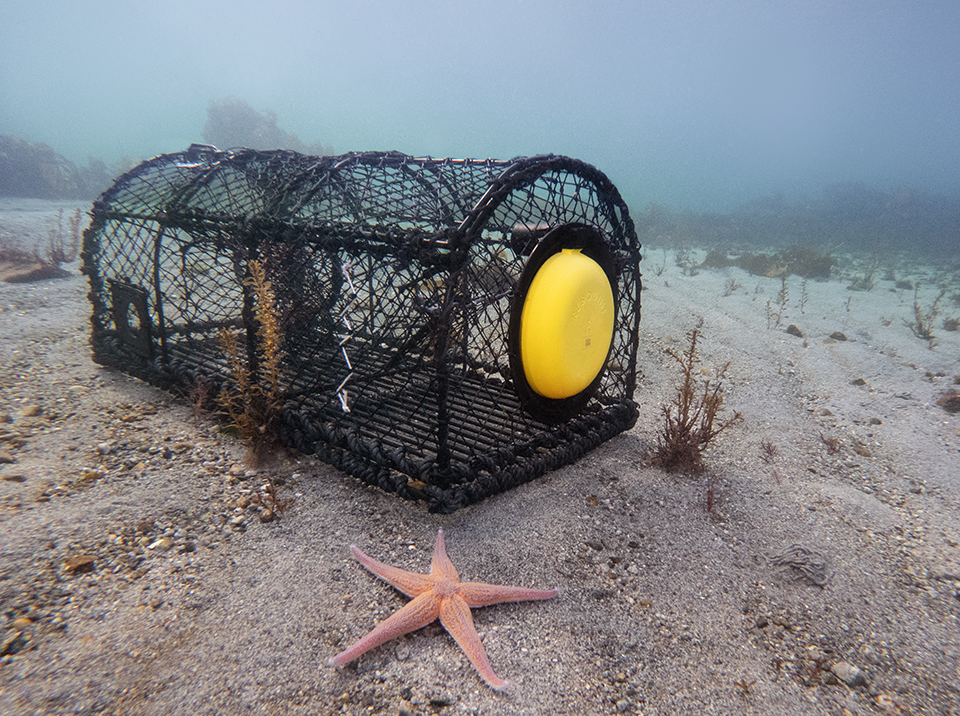
Fisheries
From reporting apps to floating traps: How technology tackles ghost fishing
The global ghost fishing problem has negative environmental and economic impacts, but new technology could help locate and retrieve lost fishing gear.
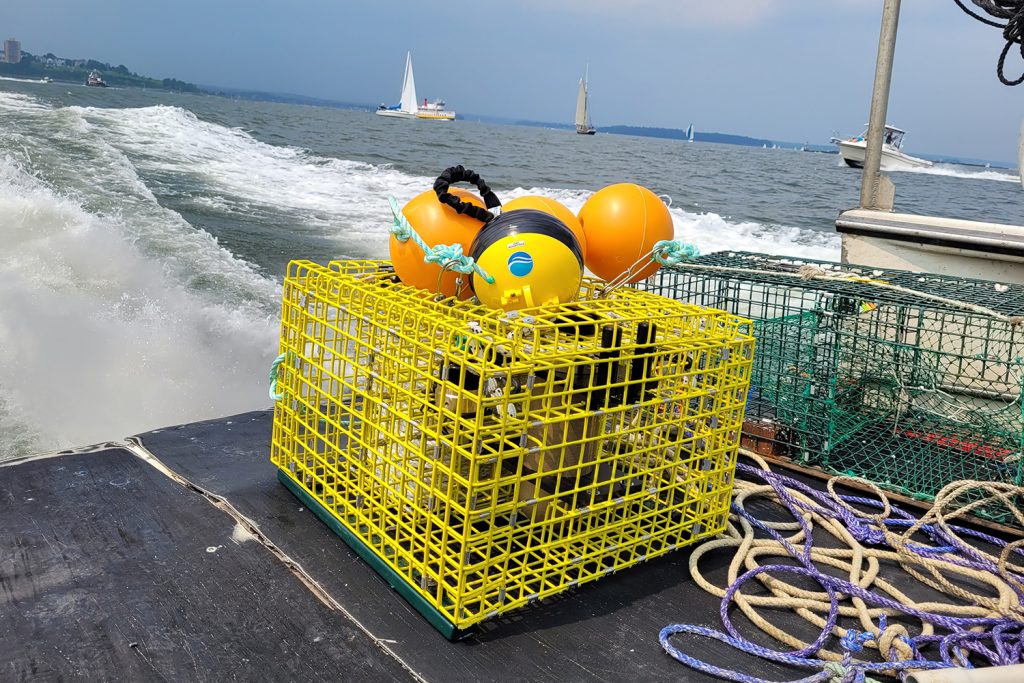
Fisheries
Rethinking ropes: Can ropeless fishing gear end whale entanglements?
Ropeless fishing gear can prevent whale entanglements and reduce the amount of discarded or lost fishing equipment but the cost is a limiting factor.
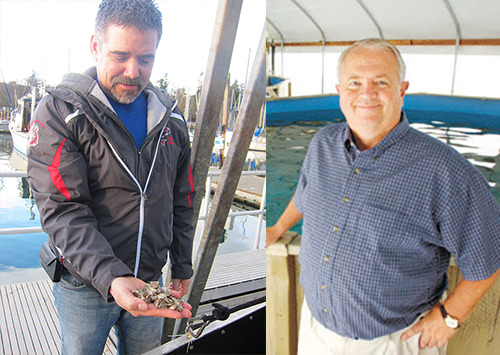
Intelligence
‘We will keep their legacy alive’: PNW aquaculture industry pays tribute to two leaders
The Pacific Northwest U.S. aquaculture industry is mourning the recent loss of two respected leaders, Kurt Grinnell and Dan Swecker.



